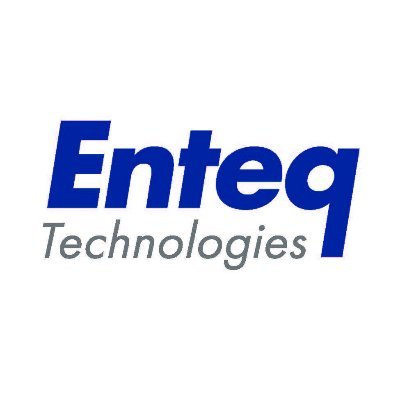Methane gas stands as the second largest contributor to climate change, responsible for approximately a third of the current global warming due to human activities. Its potency is over 80 times greater than carbon dioxide in the near term, making the steady increase in atmospheric methane concentrations particularly alarming. Since pre-industrial times, methane’s atmospheric concentration has more than doubled, positioning it as the second most significant driver of climate change after carbon dioxide during the industrial era.
The primary sources of human-caused methane emissions include landfills and waste, coal mining, oil and gas systems, and agriculture, particularly livestock. Despite being a far more powerful greenhouse gas than carbon dioxide, methane has a shorter atmospheric lifespan. This characteristic means that reducing methane emissions now can yield immediate progress in slowing the current rate of warming, complementing efforts to decarbonise.
Historically, carbon dioxide received more attention as the main contributor to global warming, which diverted focus from controlling non-CO2 greenhouse gases like methane. This trend is shifting, as international efforts to mitigate methane emissions are gaining momentum. The previously neglected issues, such as financial resources, scientific knowledge, and reliable data, are now being prioritised in both international and national policies. Currently, methane mitigation receives a mere two per cent of global climate finance.
The Global Methane Pledge, launched at COP26 in 2021, brought countries together to reduce methane emissions by 30 per cent by 2030, with Pakistan among the participants. Over 150 governments are now involved. The United Nations Environment Programme (UNEP) has established a support system to help countries achieve this goal through methane policy roadmaps, facilitated by the Climate and Clean Air Coalition. Additionally, UNEP’s International Methane Emissions Observatory is addressing gaps in scientific data regarding the sources and scale of methane emissions.
At COP28 in Dubai, additional national actions and funding pledges highlighted the importance of methane reduction. Donors committed $1 billion in grant funding to support low- and middle-income countries in their efforts to reduce methane emissions. According to the Climate Policy Initiative, overall financing for methane reduction increased from $11.6 billion in 2020 to $13.7 billion in 2022. However, this is still insufficient, as effective methane abatement will require $48 billion annually by 2030, a more than threefold increase from current levels.
The private sector and industry are also taking action. At COP28, over 50 top oil and gas companies announced new measures to reduce methane emissions in their operations. This sector accounts for about 35 per cent of human-caused methane emissions, second only to agriculture’s 40 per cent. These commitments must be supported by credible data from initiatives like UNEP’s Oil and Gas Methane Partnership 2.0.
Effective action in these sectors can be a highly cost-effective way to complement broader climate efforts and support the Sustainable Development Goals (SDGs). One practical option is capturing methane from waste and landfills to use as fuel, thereby reducing dependence on fossil fuels.
In Pakistan, methane emissions have increased by about two per cent annually since 1990, doubling over this period and placing the country among the top 10 methane emitters globally. This rise exacerbates Pakistan’s ambient air quality issues, with agriculture and landfills being the primary sources of emissions. Pakistan’s climate change and clean air policies recognise the importance of addressing short-lived climate pollutants (SLCPs). The country is identifying SLCP mitigation actions at both national and provincial levels to maximise climate and clean-air benefits. Including an SLCP emission reduction target in Pakistan’s updated Nationally Determined Contributions by 2025 is crucial for unlocking climate finance for multiple benefits. Additionally, developing a methane-specific, time-bound strategy as part of the national climate policy will be essential for controlling air pollution and implementing the Paris Agreement swiftly.
As the world continues to face severe climate milestones, it is imperative to accelerate actions to reduce high-emitting pollutants like methane. Controlling methane is a cost-effective method to mitigate global warming and keep the Paris Agreement goal of limiting temperature rise to below 1.5 degrees Celsius within reach. As we approach the 2030 agenda, focusing on methane reduction can invigorate efforts to achieve the SDGs and provide the best chance of avoiding the worst impacts of the climate crisis.
Enteq Technologies plc (LON:NTQ) develops and supplies equipment for Measurement, Logging and Geo-steering while drilling of wells for the Geothermal, Oil and Gas markets.


